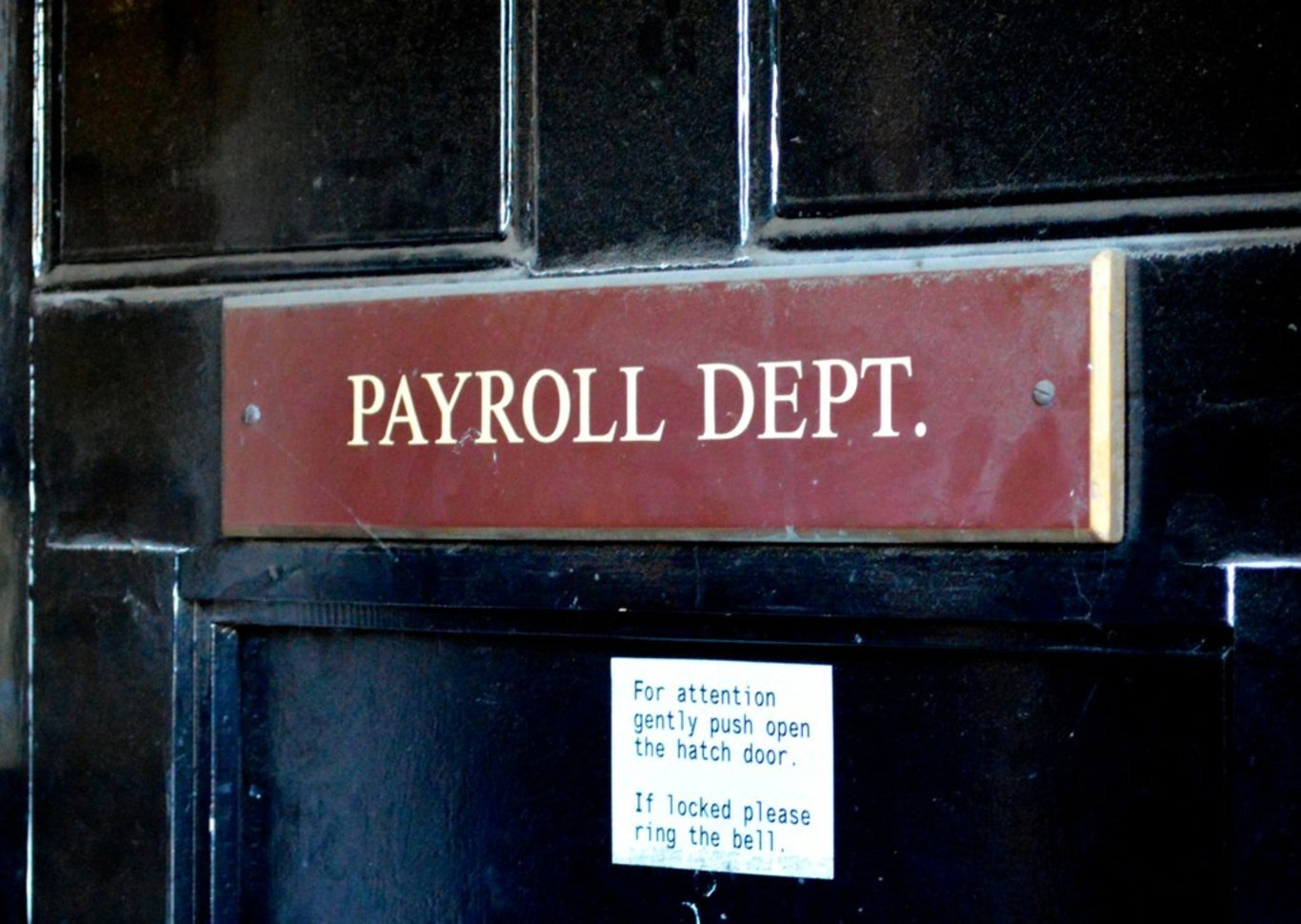'Payroll is a necessary function of every business. It’s imperative to get your system right'
Staff need to be paid in full and on time. Here’s how you ensure that happens without any headaches.
PAYROLL IS A necessary and important function of every business. It’s imperative you get your system right from the get-go. However, it can also be a difficult function to get your head around and roll out effectively.
Some people choose to look after this function in-house and others choose to outsource to experts. Whatever you decide, there are several key steps you, as the employer, will need to take.
We advise all of our clients – whether they are starting out or are an established business - to take the time to ensure that their payroll department, even if it’s only looked after by one person, works as seamlessly and efficiently as possible, and most importantly that it is compliant with regulatory practices and procedures.
The following is a step-by-step guide to setting up and managing an effective payroll function in your business:
Set up
- Register the new company with Revenue for PAYE
- If you are employing an external agent to handle your payroll affairs then you must also register that agent with Revenue to allow them to file on behalf of the company
- If you choose to look after your own payroll, then you will have to set up a function within your systems to handle this. Alternatively, an agent will do this on your behalf, but either way you must have the following from all employees: PPS numbers, addresses, benefits information, tax details including information from previous employers (P45s), bank details
- Put in place a payroll calendar including key dates in each month, such as the hours worked and sick or holiday days taken by employees
Payroll processing
Again, the level of work you will have to do around this will depend on whether or not you outsource the payroll function; but regardless, the following will have to be looked after:
- Monthly or weekly gross to net calculations for each employee
- Payslips for employees
- Employees’ net pay delivered direct to their bank accounts
- All employer documents for Revenue and social security (P30s) prepared and filed
- Funds transferred to Revenue on the back of these filings
- Year-end documentation for both employers and employees filed (P35s and P60s)
Other areas for consideration when it comes to payroll include:
- Reviewing and monitoring compensation data
- Calculating the tax and social security deductions, and payments that are required to be made by an employer
- Computation of BIK/notional pay elements
- Provision of payroll reports and salary journal entries
- Filing and payment of employer wage tax returns with the tax authorities
- Coordinating payments to pension providers and other third parties if required
- Provision of employee-leaver documentation to employees departing
As an employer, you will be obliged to pay staff in full and on time, so if the business experiences any cash-flow issues, which it can from time to time, it’s important to have a fund from which you can draw to keep on top of salaries and other payments.
To run a successful business, the management of your incoming and outgoing revenue is crucial. Because payroll is such a big source of outgoing revenue, developing and employing strict control procedures and processes to ensure you are prepared for any eventuality is very important.
Mark Graham is the commercial manager at Taxback International.
If you want to share your opinion, advice or story, email opinion@fora.ie.






